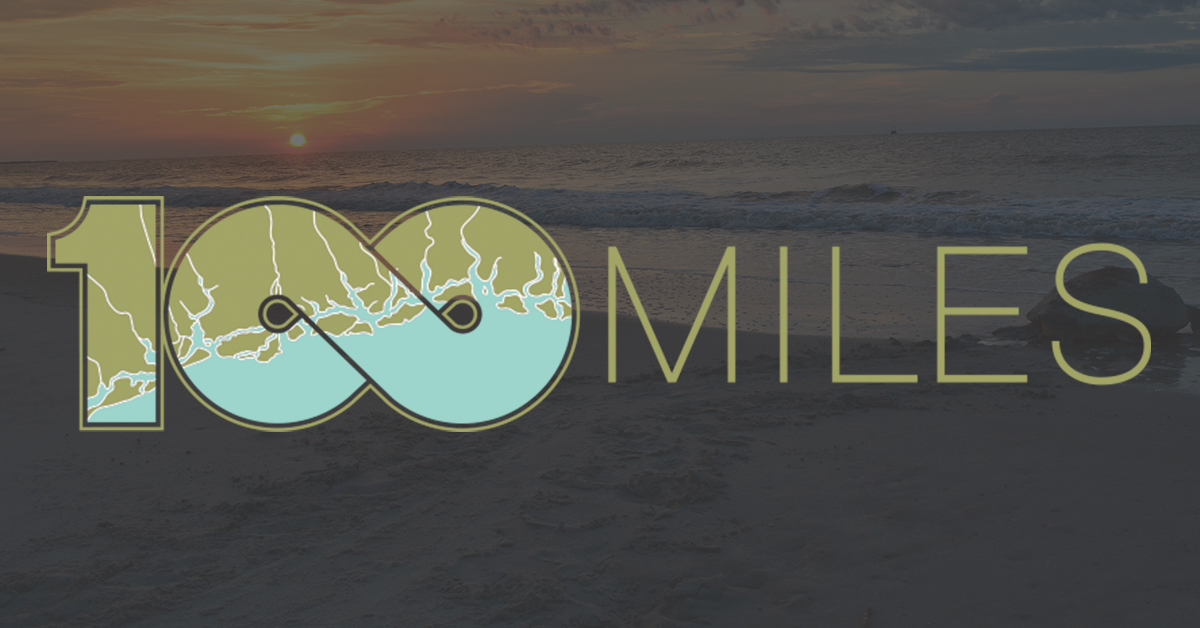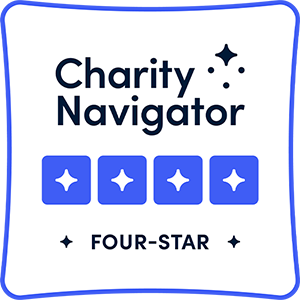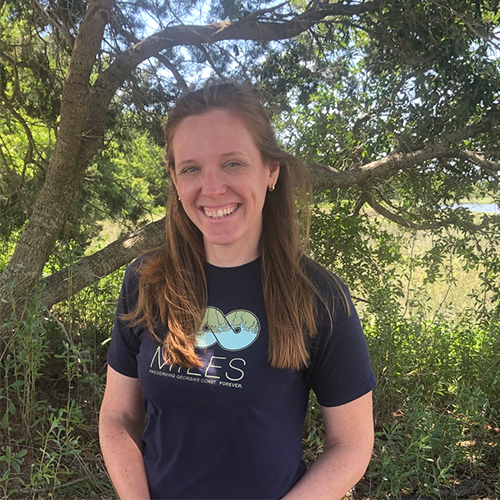Privatization at the Capitol
My last Insider’s Update was about a bill (HB370) that would have facilitated the privatization of Georgia’s salt marsh. Fortunately, because of the massive outcry of concern expressed by people across the state, the bill failed to pass the House before Crossover Day on February 29. If you were one of the many people who shared your concerns with your legislator: Thank you!
The privatization of our shared public resources has developed into concerning trend this session. It is one that must be addressed, bill by bill. Here are some of the most concerning other privatization bills that, if passed this legislative session, will undoubtedly haunt us into the future.
Bypassing Local Water and Land Use Planning
Private Groundwater to the Highest Bidder
HB1146 (R. Stephens (R)—Savannah) would allow private water providers on Georgia’s coastal plain (more than half the state) to supply water to new developments without coordinating with local governments or public water suppliers. These permits would fly in the face of responsible water conservation efforts and long-term planning work undertaken by local and state agencies charged with protecting Georgia’s fiscal and natural resources. More simply put, HB1146 would create an opportunity for an explosion of unplanned growth by developers who can afford to pay a private utility for water. You can read a recent article about this bill here.
Status: HB1146 is sitting in Senate Rules, waiting to be voted onto the Senate floor for final passage. Click here to ask your Senator to VOTE NO on HB1146!
Private Cities
Senate Bill (SB)435 and its companion SR533 (both Ginn (R)—Danielsville) would put on the statewide ballot a measure that would establish a new type of local jurisdiction to be known as a “community development district.” The community development district would operate like a city or county, but with a major difference: the district’s elected officials would be selected by the owners within the district proportional to how much property they own. These two pieces of legislation would privatize government—including the right to tax and charge fees—and would provide major bypasses to compliance with local planning for growth and infrastructure expansion. Perhaps most concerning, however, is that the bill would assign more voting power to the wealthiest landowners—non-landowners would not have the right to vote in these new local jurisdictions and larger landowners would have the most voting rights.
Status: Although they did not crossover, SB435 and SR533 both had more than a half-dozen cosigners, including two coastal senators, Derek Mallow (D—Savannah) and Ben Watson (R—Savannah).
Stay Off My River!
Further inland, a battle over the privatization of freshwater fishing rights on and access to a stretch of the Flint River called Yellow Jacket Shoals is underway. (Read more here.) Although the Georgia Constitution specifically grants all Georgians the right to fish and hunt, and the Public Trust Doctrine (which ensures public ownership of navigable waters for the citizens of the US) is a foundation of American law, some private property owners don’t like sharing their fishing hole with others. In 2023, the legislature passed SB115 (McLaurin (D)—Sandy Springs), which affirms the state’s ownership of the bottoms of all navigable waters in GA and preserves the public’s right “to use and enjoy all navigable streams capable of use for fishing, hunting, passage, navigation, commerce, and transportation, pursuant to the common law public trust doctrine”—even when the state grants ownership of such bottoms to a private entity. This was a good and necessary bill.
But opponents won’t let it rest. This year, three bills are under consideration that could either affirm or further limit the scope of public access to Georgia’s navigable fresh waters and the fish therein. HB1172 and SB542 are attempts to roll back the protections SB115 has guaranteed Georgians. And HB1397 is a limited list of creeks, rivers, and other waterbodies that are presumed to be navigable and therefore available for the public to access. Any waterbody not included on the list is presumed to be private property and not able to be accessed by the public.
Status: HB1397 did not crossover, but HB1172 and SB542 did and are still alive. Click here to learn more about and take action to stop HB1397 and HB1172.
The last day of this year’s legislative session is March 29. Even if these bills do not pass, we can expect the theme of privatization of our limited public resources to carry into the future. The only way to combat those who would like to monetize our shared public resources is to participate in civic discourse—with letters to editors and online discourse, during dinner table conversations and in the rooms where these terrible ideas are being officially discussed.
All of these bills assign excessive privilege to a small group of people at the expense of our shared public resources, and we must stop them from passing—this year and in the future.
Learn more about the bills we’ve been following at the Capitol on Our Legislative Priorities page. You’ll notice that some of the bills mentioned here are not listed. We encourage you to use the links above and learn more/take action via our partners’ websites.











